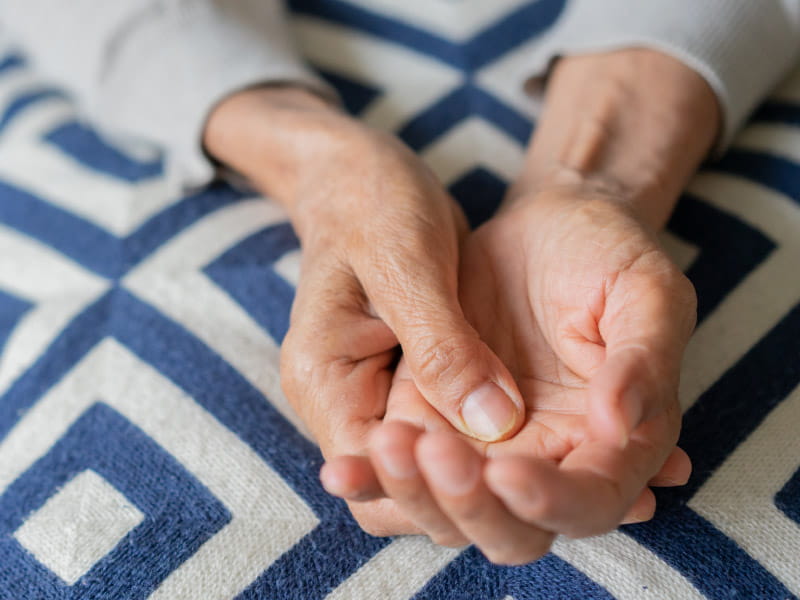
Latest Research in Women's Health

Why We Focus Research on Women
Cardiovascular disease is the leading cause of death in women, killing one woman about every 80 seconds.
Such an aggressive disease requires an equally aggressive response.
That’s why the American Heart Association has invested more than $6 billion in research that:
- Increases our knowledge and understanding about heart disease and stroke; and
- Makes the association the largest funder of heart disease and stroke research, second only to the U.S. government.
Doctors rely on research to inform the work they do to help you — the patient — prevent and treat heart disease and stroke.
There has been progress, but in 2020, only 38% of clinical trial participants are women. We’re working every day to change that number.
There are significant biological differences between men and women, and research should reflect those differences. That’s why the AHA is committed to funding research focused on women.
Healthy Living BEYOND Weight™ Study
Your health is about more than just a number on the scale. It’s about how you feel—your energy, your mood, and your quality of life. The American Heart Association’s Healthy Living BEYOND Weight™ Study explores real-world experiences of adults navigating weight and health challenges to help improve care and redefine what it means to live well.

Advancing Women’s Heart Health Research
Research Goes Red

Together, we can unlock the power of science to find new ways to treat, beat and prevent heart disease in all women.
Research Goes Red Results

Thousands of women across the country participate in Research Goes Red surveys and studies to help inform the future of cardiovascular health.
The State of Women’s Health

Closing the cardiovascular-disease gap between men and women could help women regain 1.6 million years of life lost because of poor health and early death.
In the News
News affecting women's health
Read more women's health news 
